The national community recently mourned the passing of David Carter, aged 67. He was an historian of our community with his outstanding book Stonewall: The Riots that Sparked the Gay Revolution. His definitive book was the basis for the PBS American Experience film Stonewall Uprising. The stories of his death from a heart attack noted his brother recalled the role as an activist in Madison in the late 1970s.
From Southeast Georgia, David Carter’s bachelor’s degree was from Emory University with majors in theology and French. In 1978 he earned a master’s degree in South Asian Studies from the University of Wisconsin-Madison. While in Madison, Carter became involved in the gay rights movement and helped organize a dance that raised more than $1,000 to support the Dade County, Florida gay rights group that was fighting a campaign by anti-gay advocate Anita Bryant to overturn their local gay rights ordinance which had been adopted in early 1977.
Non-discrimination Ordinance
Since Madison had passed a local ordinance on non-discrimination on the basis of sexual orientation in 1975, Mayor Paul Soglin sent a letter on April 14, 1977 to the Dade County Commission indicating the Madison had success with its own ordinance now in operation for several years. Soglin wrote, “The addition of this protected class has not had the negative impact feared by some citizens.” For the mayor, “Protecting the basic rights of Madison’s minorities, including gay people, has been beneficial to all residents of this city.” Soglin urged the Dade County Commission not to back down.
Repeal efforts
Carter and Madison in the 1970s realized that the defense of our community everywhere against attacks like Bryant’s was crucial to our strategic position. In addition to the dance, there was an Anti-Anita Bryant Bash in the Great Hall of the Memorial Union. Speakers at the rally included out Madison Alderman James Yeadon, Assembly Representative David Clarenbach, and Mayor Paul Soglin. The Bash was endorsed by Renaissance, the head of the Madison Chapter of the National Organization of Women, the Green Lantern Eating Co-op, A Room of One’s Own Bookstore, Gay Law Students, the Wisconsin Student Association, the Committee Against Racism, and the Young Socialist Alliance. Unfortunately, Bryant was successful with her repeal campaign in Dade County which sparked a whole raft of successful repeal efforts around the country.
All of the early local ordinances which were targeted for elimination had been adopted by the votes of local governmental bodies in liberal urban areas, just like Madison’s ordinance. The Bryant-type attacks were to seek repeal by a popular vote to overrule the local governmental bodies. The appeal to prejudices against the LGBT community was clear in the themes like “save our children.” This played to a false stereotype that a greater percentage of pedophiles were gays. Despite the valiant efforts of the LGBT communities and their allies, repeal efforts succeeded in the nearby state capitol of St. Paul, Minnesota and in university towns like Eugene, Oregon. Such successes put the Madison LGBT community on alert.
The United
When local conservative ministers in Madison raised the possibility of full or partial repeal of the ordinance, David Carter was one of several people who helped organize the new Madison Gay Men and Lesbians United or The United for short. The United would lead the fight to preserve the Madison gay rights ordinance. More than 200 people showed up for the organizing meeting at St. Francis House, the campus Episcopal Center. Grid Hall, an out gay man on the city’s Equal Opportunities Commission (EOC) said “We don’t allow discrimination in Madison.” The support of many mainstream clergy in defense of the Madison ordinance was organized by St. Francis pastor Fr. Thomas Woodward.
Formal action came when a petition was presented to the Madison City Council from the Dane County Association of Evangelicals to Permit Discrimination on the Basis of Sexual Orientation. The petition was referred to the Equal Opportunities Commission (EOC). The petition had 17 typed names but only 11 signatures. It stated, “We oppose the acceptance or promotion of homosexuality.” And further, “We especially believe that homosexuality should not be promoted as an acceptable life-style in the public school system.”
Kill it
On Dec. 14, 1978 the EOC recommended in a 23-page report to the city council the petition be placed on file (i.e. kill it). After a lengthy review of the law on non-discrimination and the city’s efforts, the words of the EOC were, “Thus, the Equal Opportunities Commission recommends that the City Council take no action which would in any way reduce the rights of homosexuals to be free from employment discrimination.” Madison had a successful community defense effort.
Carter moved to New York to work as an editor. In 1994, during the 25th anniversary of Stonewall, he began his work researching the riots and related events. In the meantime, he also was involved in publishing a collection of interviews with gay poet Allen Ginsberg called Spontaneous Mind: Selected Interviews 1958–1996. Carter met Ginsberg when the poet was in Madison doing a reading, and he served as editor for the Ginsberg interviews published in 2001 (after the poet’s death).
Stonewall National Monument
While working on his Stonewall research Carter in 1998 helped prepare the material to place the Stonewall site on the National Register of Historic Places which was achieved in 1999. One year later, the site was elevated from just a listing on the register to a National Historic Landmark. Later it was placed even higher in recognition as a National Monument, again with David Carter’s help.
Carter’s book Stonewall: The Riots That Sparked the Gay Revolution was published in 2004. The book portrays the Stonewall Riots as a community fighting in defense of itself. Carter also highlights the role of the New Left and activism in building the movement post-Stonewall. His Madison background would have helped in placing the context for Stonewall.
A new phase
In 2019, Carter spoke to the U.S. Civil Right Commission said, “The Stonewall uprising was historic.” The reason, “It inspired the creation of a new phase of the movement for the rights of gay men and lesbians and later for bisexuals and the transgendered, and this new phase, the gay liberation movement, created a mass movement, making the gains over the past five decades possible.”
Carter’s New York apartment was in Greenwich Village, and he walked the very streets of the riots. This led to one of his research tools which was a map of the Village upon which he placed the locations of all the eyewitnesses who had done interviews of the events. This database let him reconcile some of the seemingly competing views of the riots. Carter himself did interviews with 91 people and found another 15 written accounts from 1969. He also obtained the New York Police Department files on the riots. He was a thorough investigative historian.
Carter also was excellent in his analysis. He gave credit to the earlier gay and lesbian organizing pre-Stonewall and cited efforts of Mattachine Society of New York as creating the possibilities for places like Stonewall to exist and for the Gay Liberation Front to emerge from the riots. His research showed “the action encompassed everyone.” He found roles of people of color, the trans community, lesbians and gay men. “The way I see it, there is plenty of credit to go around.”
Dick Wagner ([email protected]), openly gay former Dane County Board Chair and co-chair of Governor Earl’s Commission on Lesbian and Gay Issues, is the author of We’ve Been Here All Along: Wisconsin’s Early Gay History.





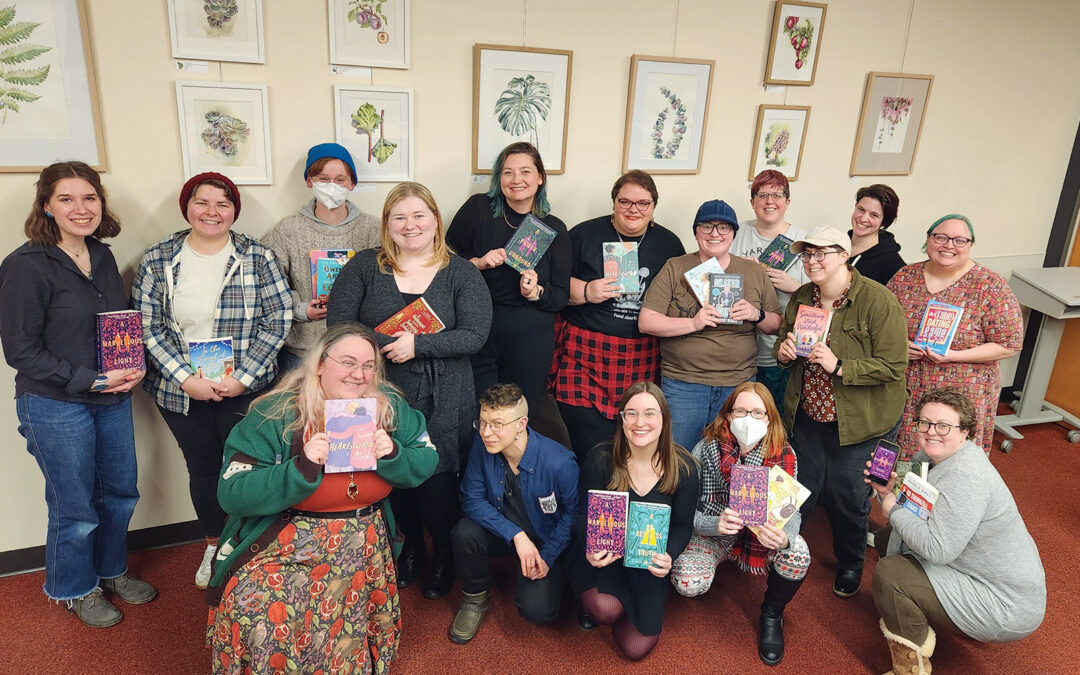
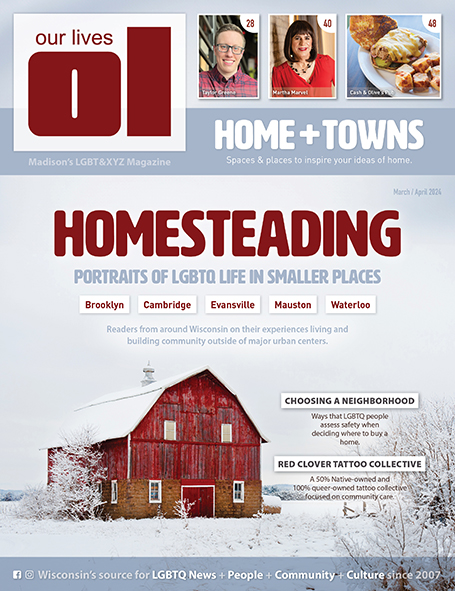
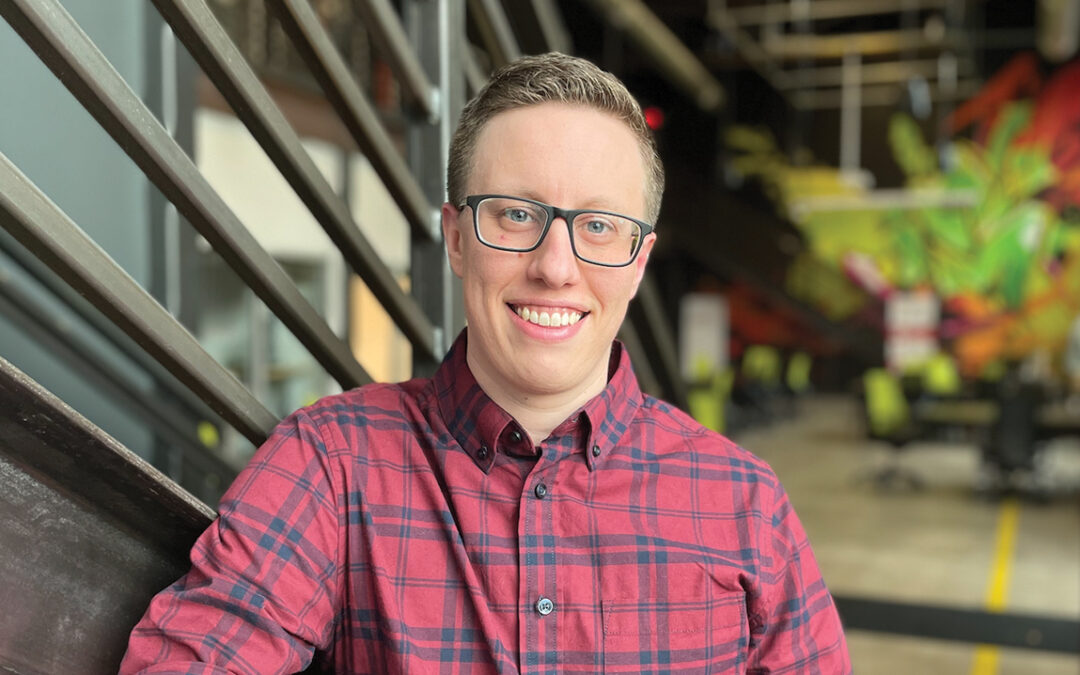
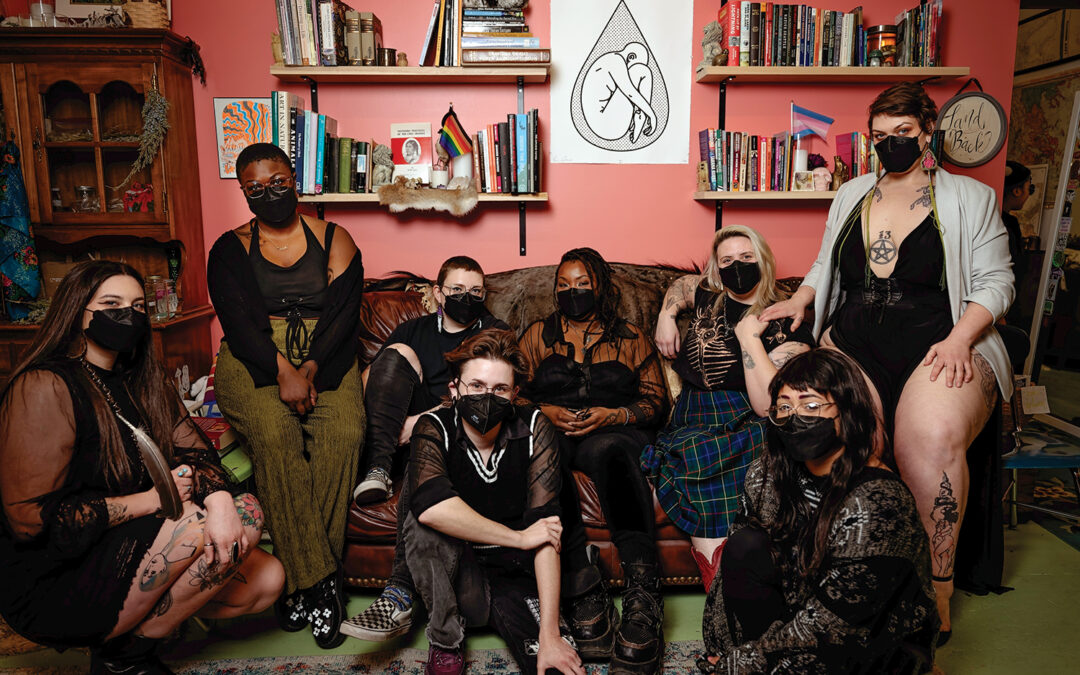

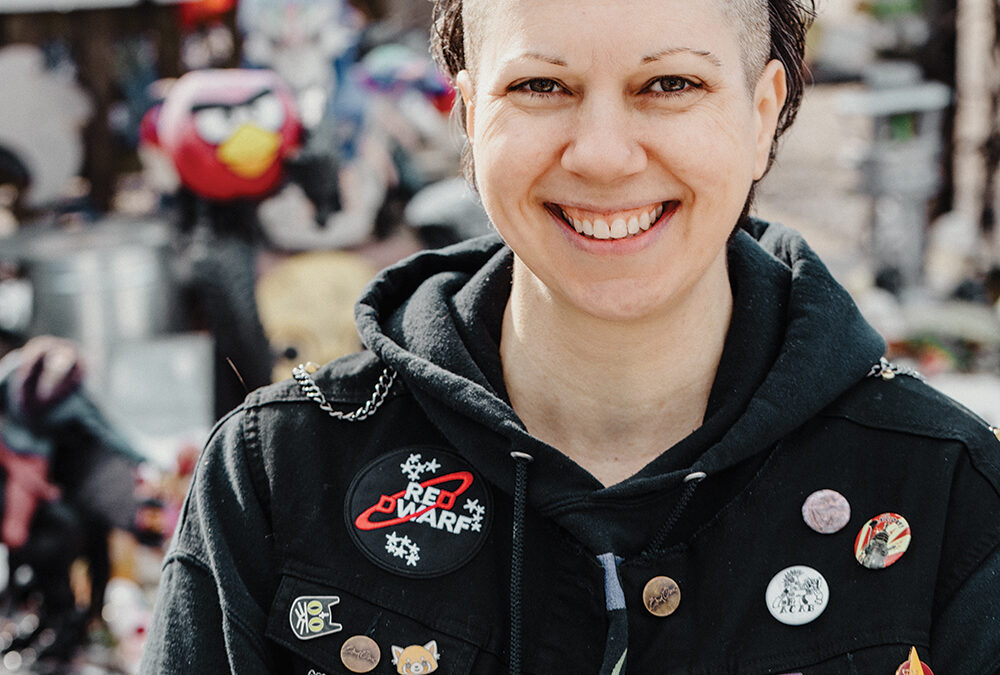
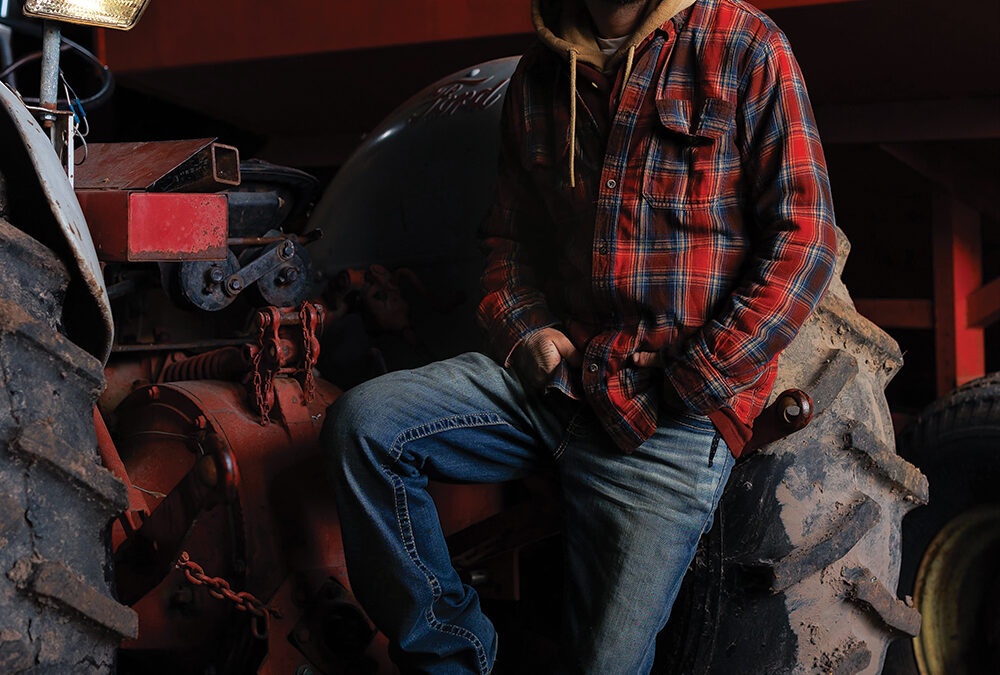
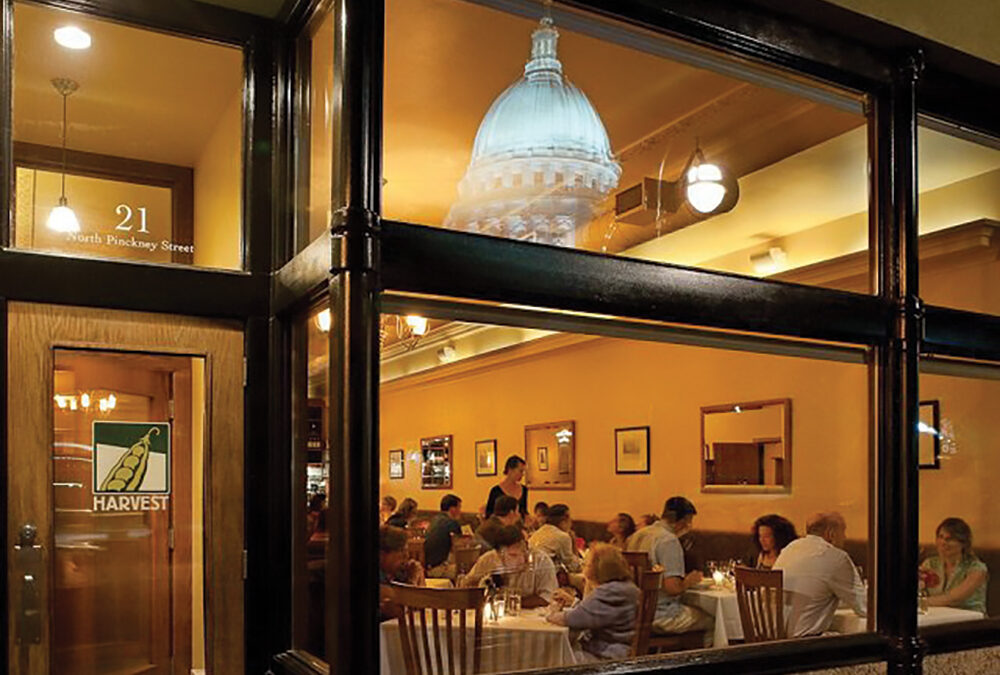

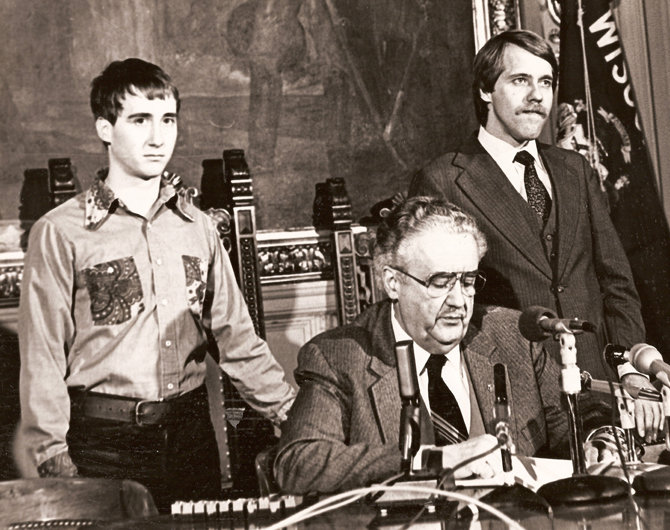










0 Comments